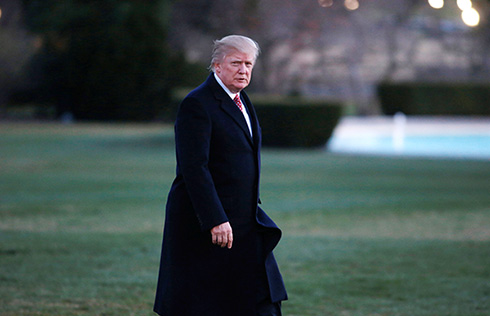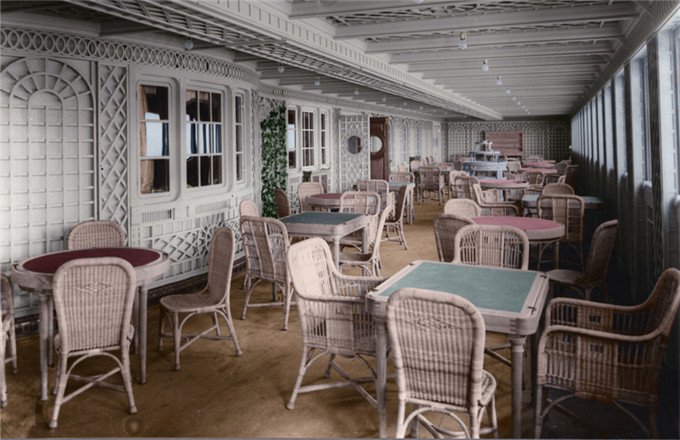Singing the praises of one musical life
When Wang Beibei sang a famous aria from Puccini's opera Madame Butterfly recently, you could hear a pin drop, even though she was singing in a room full of talkative linguists.
Wang said the performance last month at the first birthday party of the UK China Association of Linguists, in the hall of the Law Society in central London, was in front of invited diplomats and guests marking the association's work in exploring language and society.
Wang has achieved no small measure of fame in Europe and China for her soprano singing, after having studied music in Milan, Birmingham and London, where she now lives.
She sees a lifetime ahead of perfecting her art and being a messenger of cultural exchange between China and Europe.
"In a way, musicians have to grow up quickly if they are to interpret and understand the music they are performing," she says. "I've met so many amazing musicians who sound much older than they look."
|
 |
|
Wang Beibei is ready to spend her life perfecting her art. China Daily |
She knew by the age of five that she wanted to be a musician.
"My family was very musical although none of them was professional," she says."They loved music, played very well and were happy when I decided to pursue music as a career because they never had the opportunity to do this."
She believes her parents are proud of her success but"they are typical Chinese parents in that they would never say that. They encourage me by saying to improve this or to improve that! They are very strict, it's part of the culture."
She was born in Nanyang in Henan province but, when she was four, her family moved to the city of Shenzhen, near Hong Kong. Her father was a lawyer while her mother worked for the local government on cultural relations.
"When the government was developing and promoting Shenzhen, my parents decided to move because they were young and liked a challenge," she says.
She received her bachelor's degree from the Xinghai Conservatory of Music and then she sang for three years as a soloist with the Shenzhen Musician Association.
"At Shenzhen, I was chosen as the main singer for an international competition in Vienna and was awarded a gold medal, so I was able to get in touch with people on the international stage," she says."People said that I had a beautiful operatic voice and I was told I should develop my voice. As an opera singer, you need time to build a repertoire and I was encouraged by senior musicians."
She speaks English, Italian, Mandarin and Cantonese. But thanks to music, she can sing in French, German, Russian and Czech.
"This is normal for opera singers," she says modestly.
Italian is her favorite language, mainly because Italy is the birth of opera and so many operas are in the language.
"It's the favorite language of all singers because nearly all the words end in a vowel, making 'bel canto' or sing beautifully much easier as instructed on the score," she says.
She spent three years in Milan studying with Italian soprano Maria Luisa Cioni and Nicoletta Zanini from the La Scala opera house, considered by many to be the home of opera.
"I was able to study at the world's top level because Italy has kept its traditions, even if it is now a modern country," she says.
After winning a scholarship, she moved to the Birmingham Conservatoire for her master's in music, and to study with one of her favorite singers, international soprano Helen Field.
In 2013, she gained her postgraduate diploma in solo performance with distinction at the Royal Northern College of Music in Manchester, and then studied for her artist diploma at the Trinity Laban Conservatoire of Music in London.
As well as constantly seeking to extend her repertoire, Wang has set up the East-West Arts Initiative, which has brought together international musicians to introduce classical music to a wider audience. It also introduces Western singers to China and seeks to ensure Chinese performers get exposure in the UK.
|
 |
|
Wang Beibei not only sings opera but works to ensure artists from China get to work in Western markets. China Daily? |


























